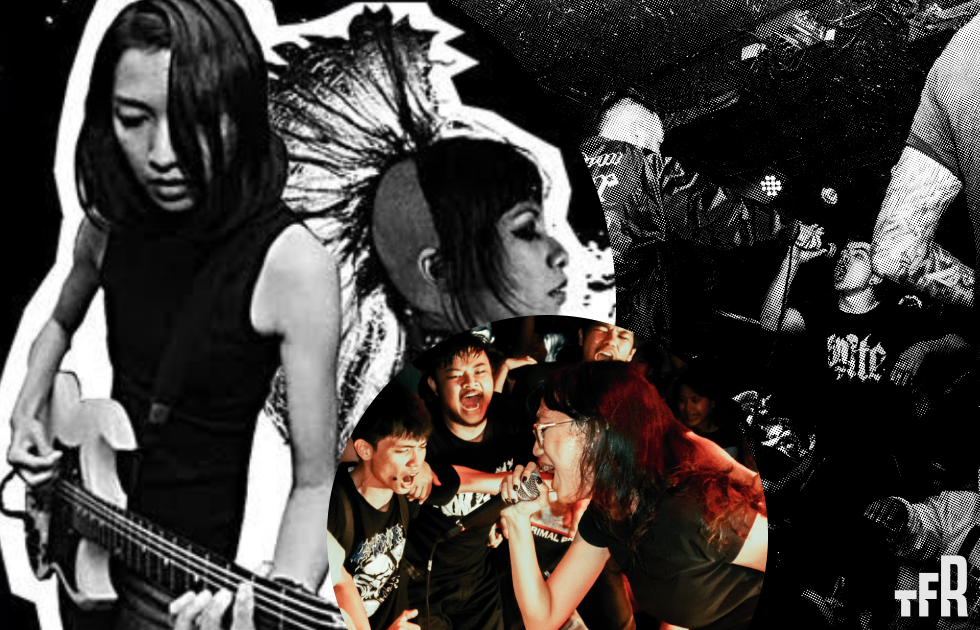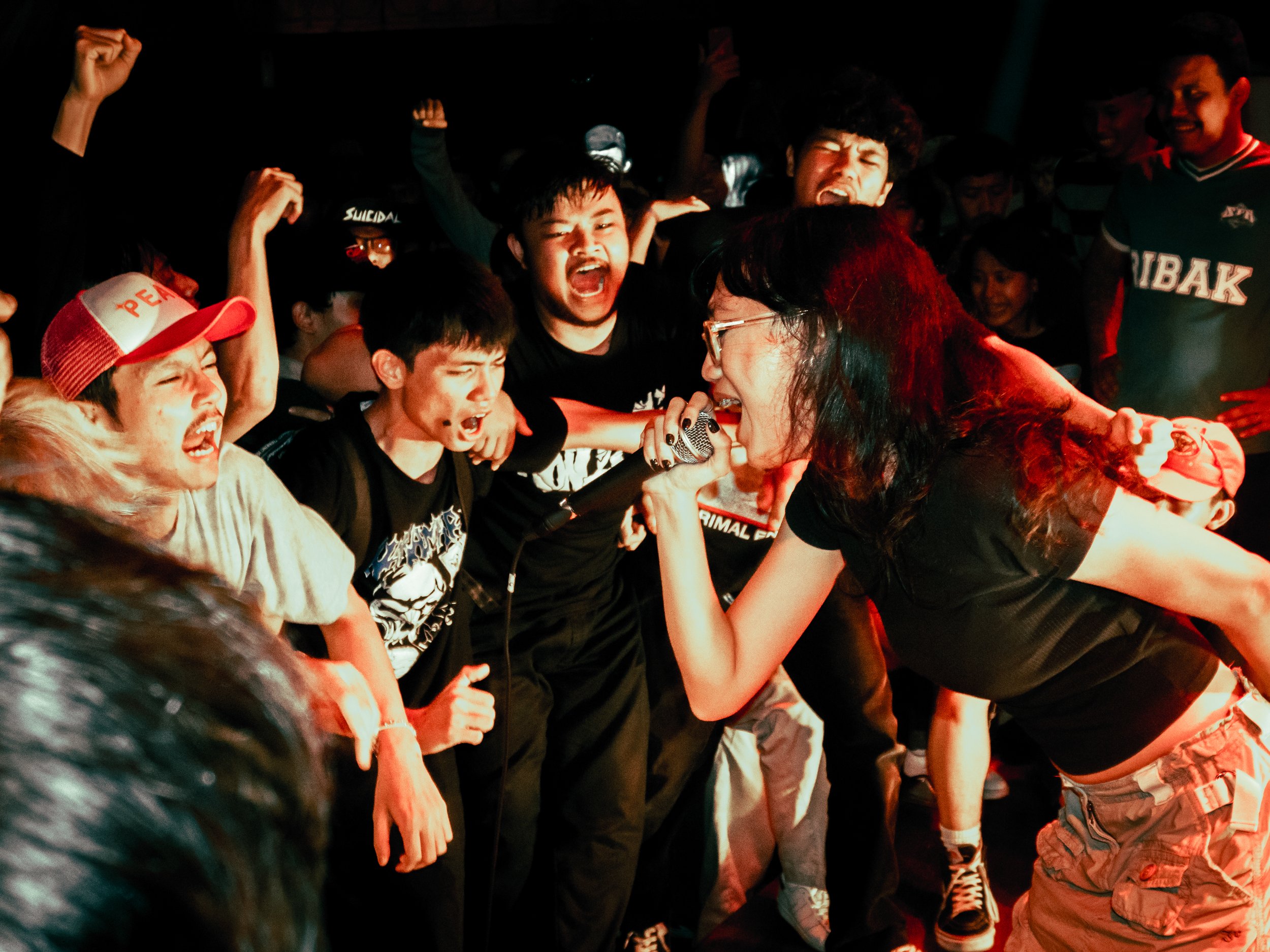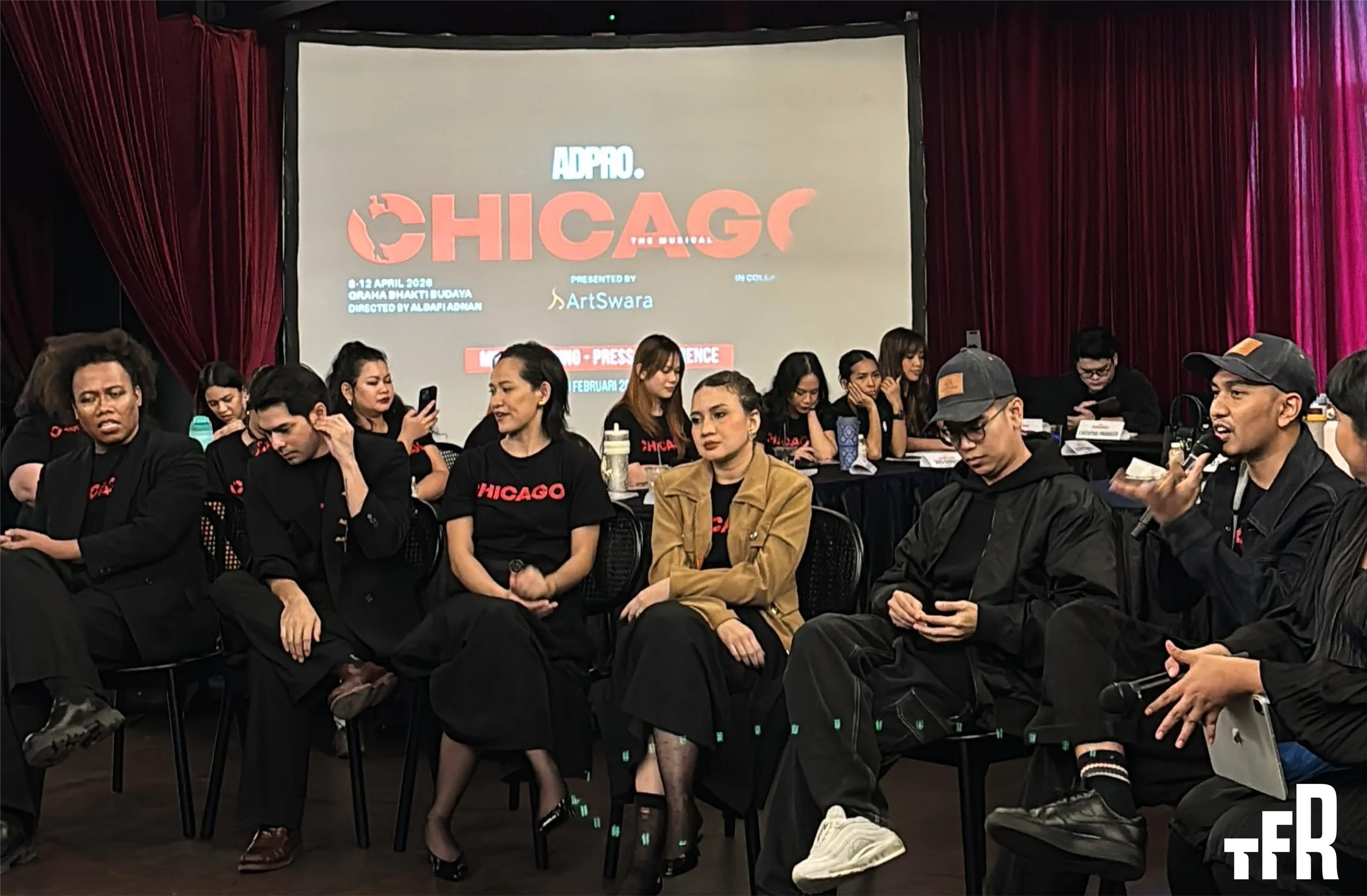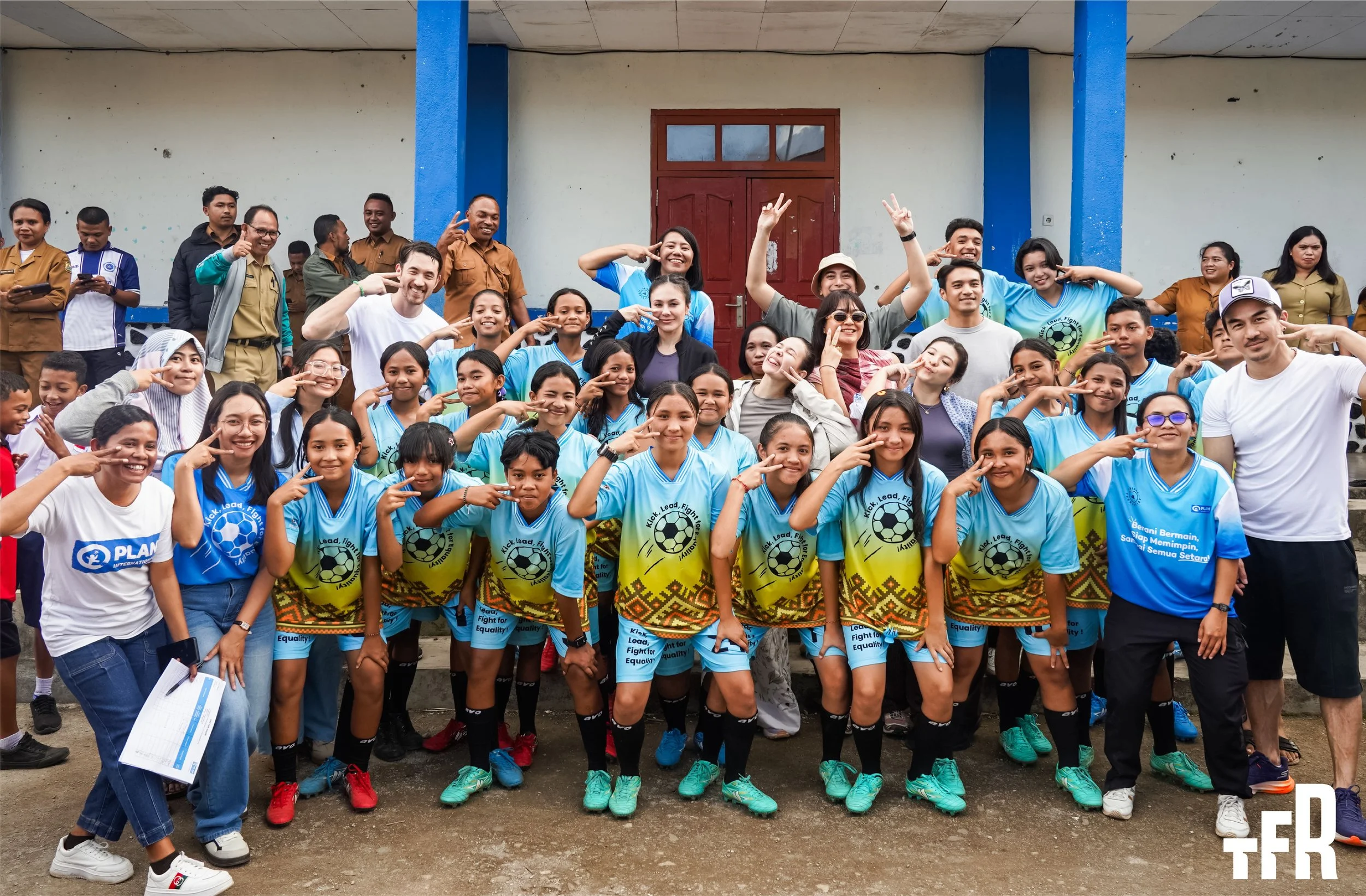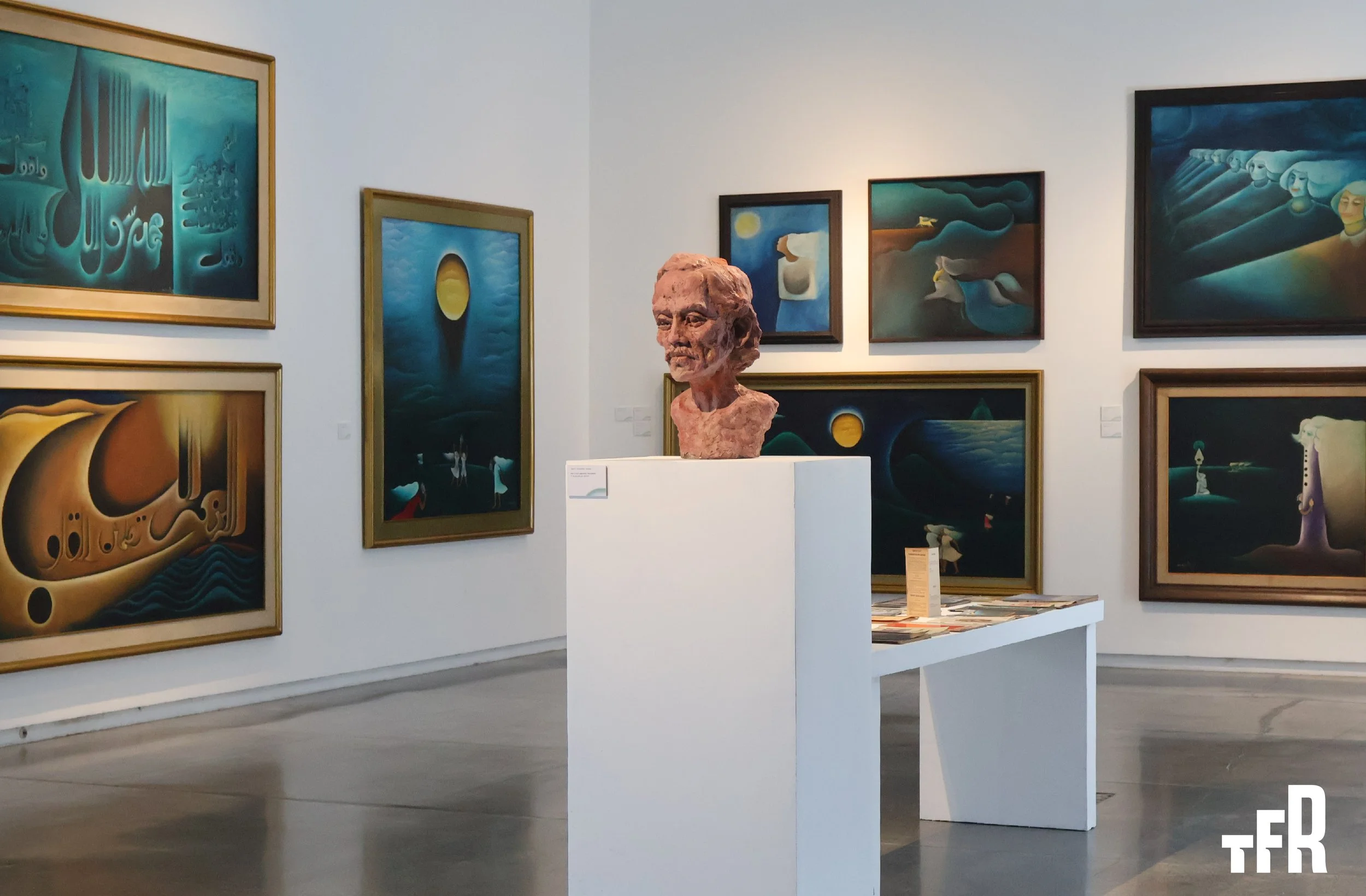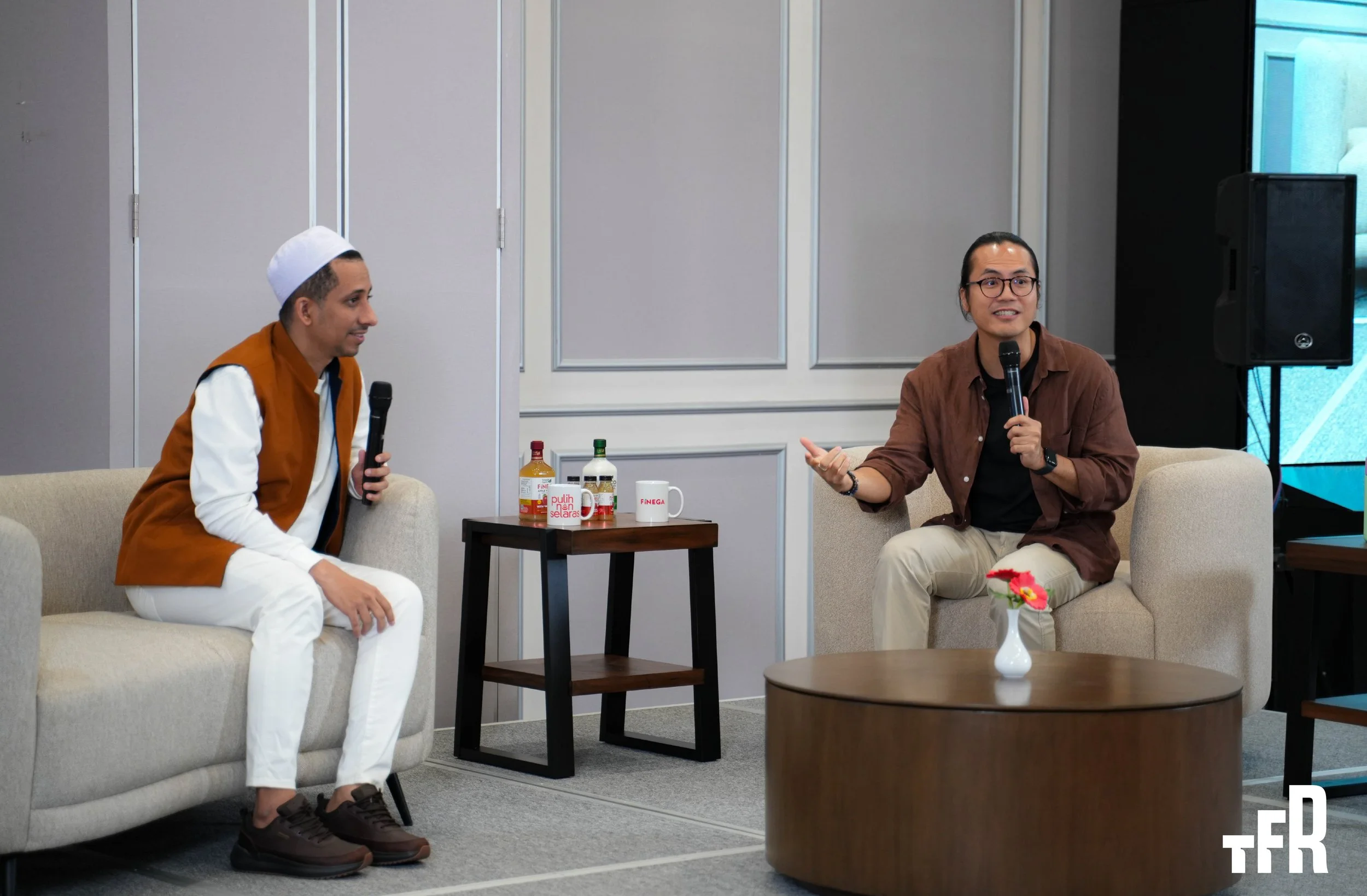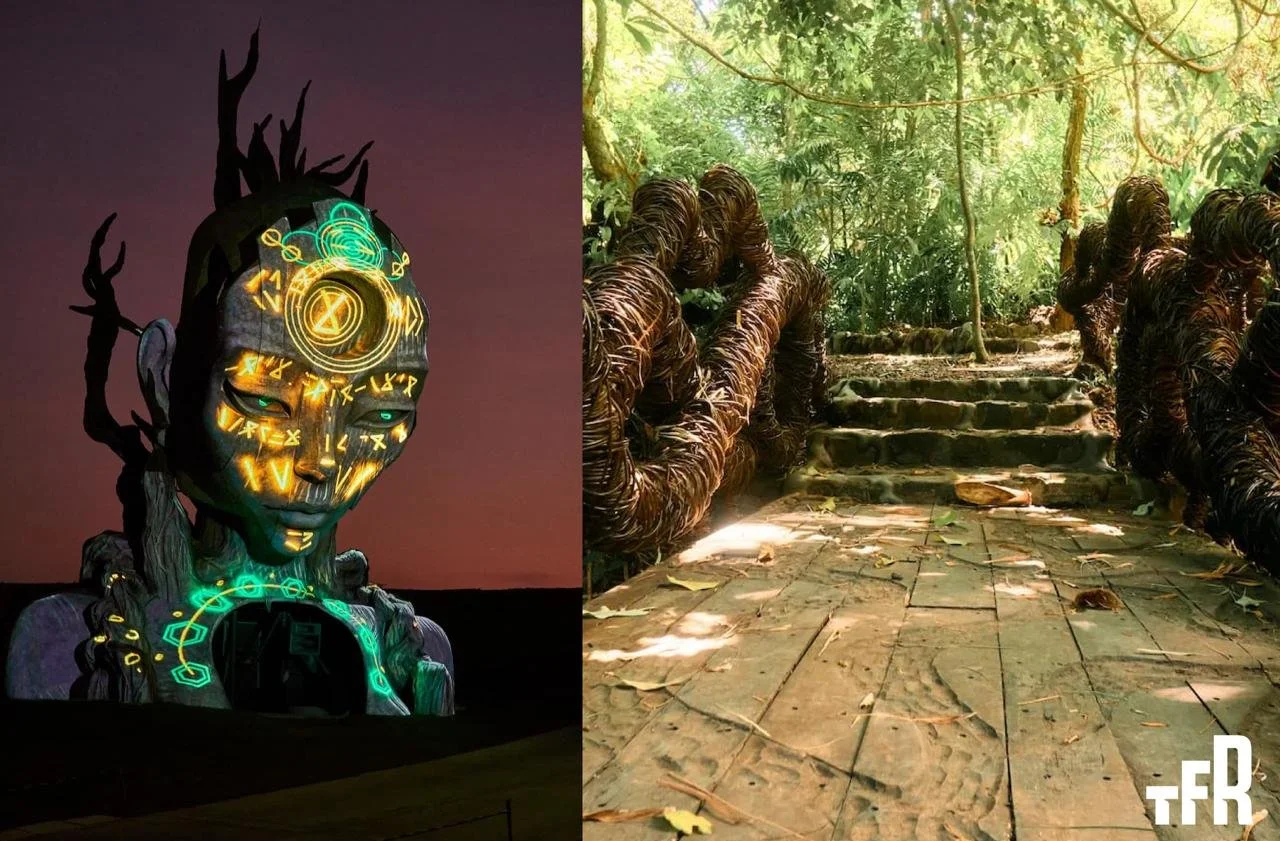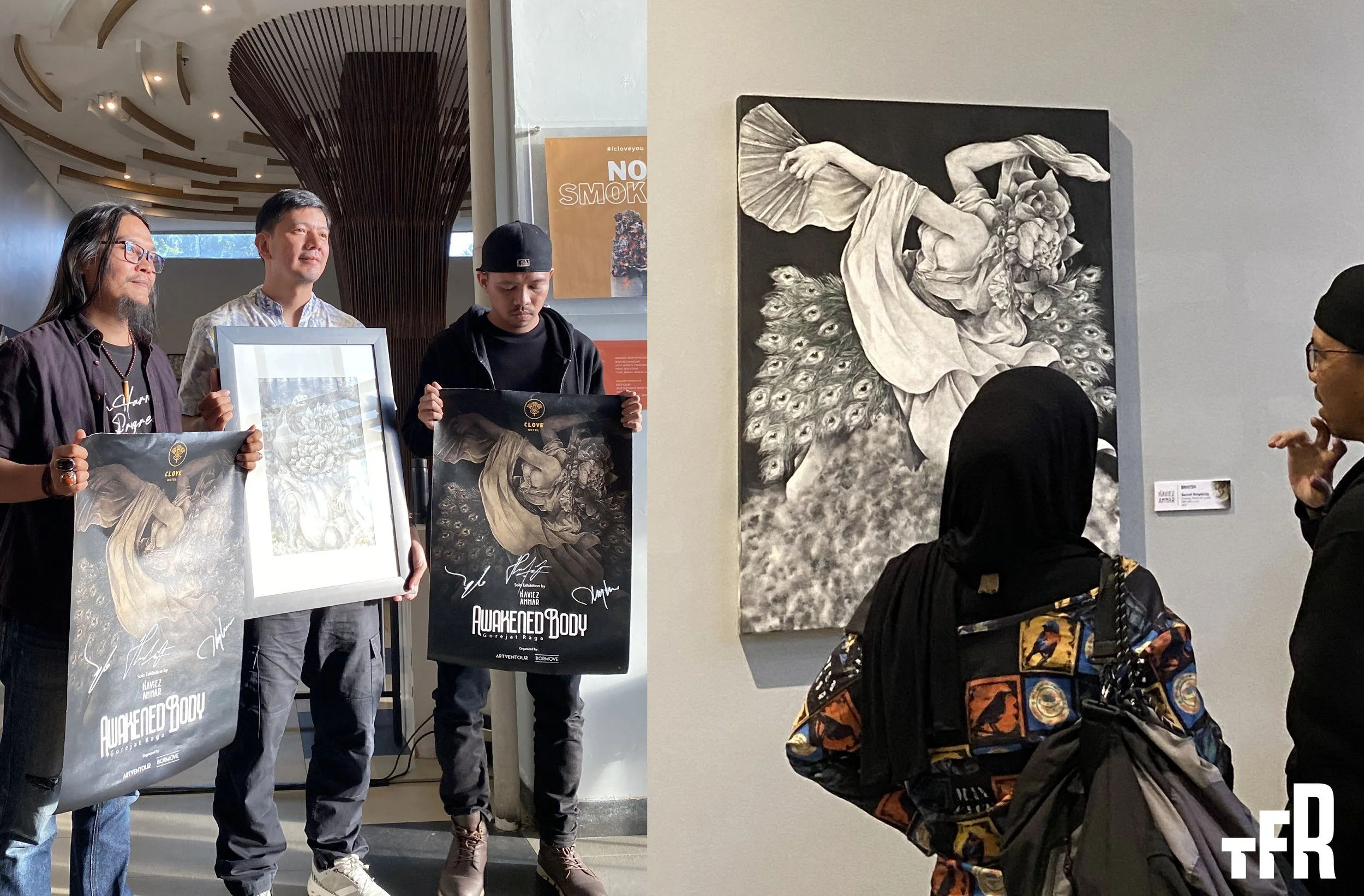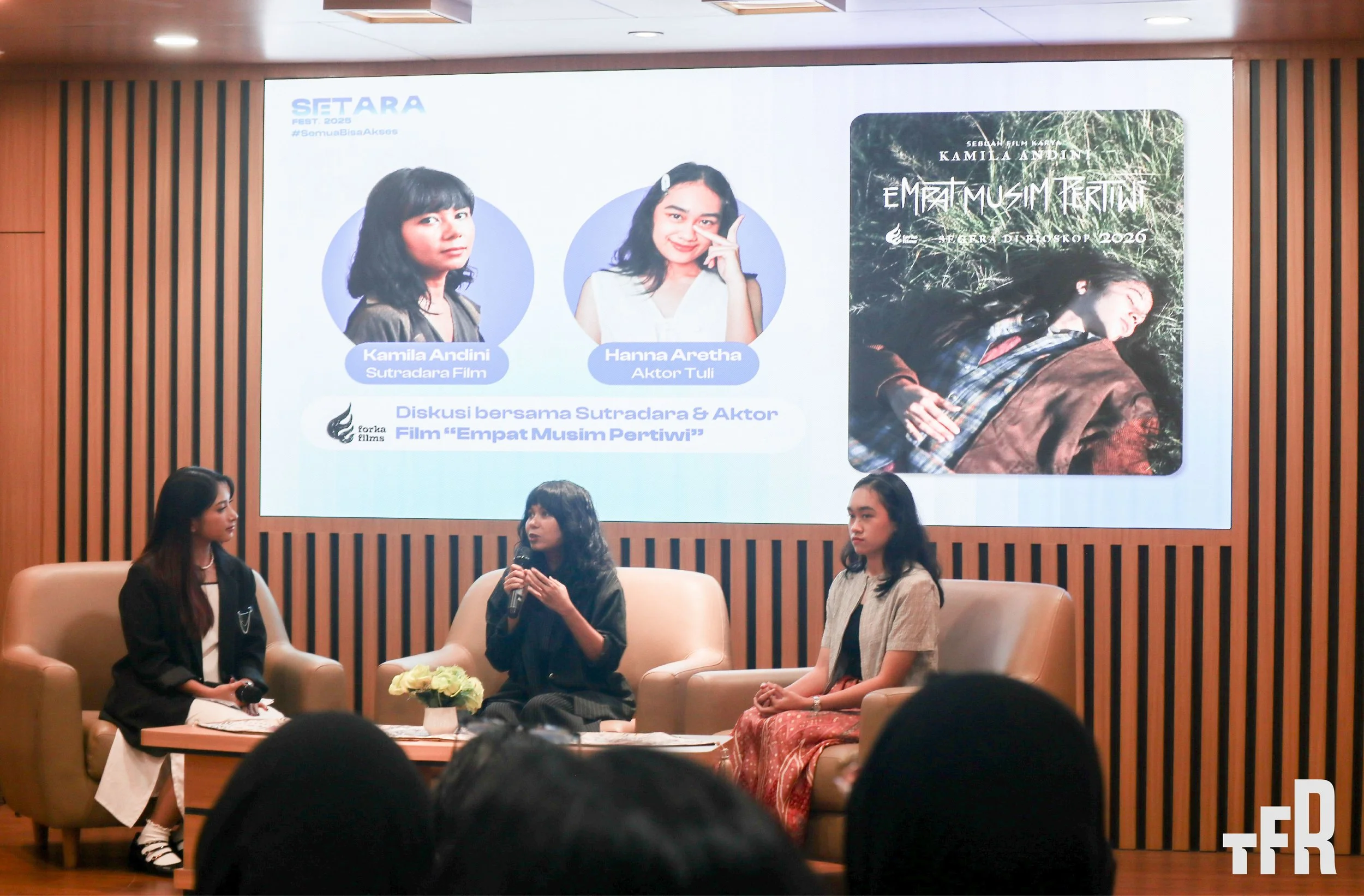Women and marginalised communities in the "male world" of the Indonesian punk scene
Written by Haiza Putti & Elma Adisya | Read in Indonesian
The anti-establishment spirit, DIY (do-it-yourself) culture, as well as the freedom of expression of the punk music community which originated in the United States and England in the 1970s continued to spread and made it to Asia. Women issues have been one of the topics voiced by punk musicians and communities, such as The Slits and The Raincoats.
Cited from the Neo Cha page, in Asia, there is Hang On The Box (HOTB), the first female punk band from China which was formed in 1998. This proves that there is a space for self-expression outside social norms for women which is developing in China. Women in the Chinese punk scene are also photographed in the project “The CHINA GRRRL” created by members of the Shanghai-based punk band Ugly Girls, namely Ceridwen Brown and Casey Li Brander, which was published in the American magazine TOMTOM.
In Japan, women also show their existence in the punk music scene. One of them is a female punk band from Nagoya, CHAI, which was formed in 2012. Their single "NEO KAWAII" is a social commentary about how women should not have to follow societal standards to be kawaii girls, because kawaii should come in various forms and all girls are kawaii in their own way.
The spirit of "independence" and the DIY culture of punk, including the hardcore/punk (hc/punk) subculture, also began to enter Indonesia. This can be seen from the presence of the band Puppen comprising Arian13, Marcell Siahaan, Robin Malau, Ajo and Prima Mulia which was formed in 1992.
To explore the development and existence of women and other marginalised communities in Indonesia's hardcore/punk scene, TFR spoke with Arian13, Ika Vantiani, Hera Mary, Januar Kristianto, Anida (bassist of the band Amerta), Aca and Meidi of Peach, Ito of Madafaka Records and Delpi Suhariyanto of Greedy Dust. Read more below!
The culture of tape trading and zines started the development of the Indonesian hardcore/punk scene
Arian13 told TFR that in the early 1990s, apart from the circulation of punk rock and metal releases at various music outlets, magazines such as Thrasher was one way to obtain information about the punk rock and metal music scene which was closely related to the skateboarding community.
The fanzine and scene report culture which was popular among punk activists abroad has also been adapted in Indonesia. In 1996, Arian13 created Thirteen Zine which started by reviewing the development of punk musicians and the activities of punk activists in Bandung. There was also tape trading or exchange of physical releases of musicians by punk activists from various parts of the world, and it became a medium for networking and promoting their music.
Indonesian harcore/punk that is inseparable from masculinity
Arian13, who is also the frontman of the band Seringai, explained that at first, most hc/punk music and punk rock that were developing in Indonesia were still heavily oriented to practices that were developing overseas. "Most of them referred to their reference band, for example (if one likes) Agnostic Front, they follow everything, starting from the style of clothing and others," he said. Even so, it does not mean that Indonesia doesn’t have its own characteristics. The band Jeruji proved it by using Sundanese in their single "Pianjingeun".
However, the particular characteristic of hc/punk music as well as punk as a whole, which Arian13 called "aggressive", gives people a perception that the scene is “masculine”. Delphi Suhariyanto, the founder of East Java-based record label Greedy Dust, shared a similar opinion. Delpi said this creates a lack of a sense of security in punk activities.
“In the past, it was really chaotic when I went to a hardcore event in Blitar. There were frequent fights and I even heard of a stabbing incident. But today is much better and the message of inclusivity is more developed at each event," said Delpi.
So, what builds the stigma and culture? Arian13 said one reason is the relatively small scale of the hc/punk industry. This makes the development of discourse, practice and conversation about safe spaces within it remain minimal. One of the impacts is the lack of representation of women, even more so queers.
Zine SETARA MATA and the documentary “This Is Our Scene Too!”
Albeit minimal, it does not mean that women and queer groups in the scene are non-existent. Since 1990, a band called Punktat has been active in the Jakarta music scene. There are also the band OATH which was initiated by Hera Mary and her colleagues in 2012 and the Medan-based hc/punk group Peach which debuted at the end of 2022.
In addition, there was the SETARA MATA zine project initiated by artist Ika Vantiani when she was still actively involved in the punk scene from the late 1990s to early 2000s. Her zine has become a platform for conversation about queer-punk issues in Indonesia. However, when the zine was still in print, Ika said there were many discriminatory comments on the writings in the zine. "In the past, when, for example, a male editor of a zine talked about his vulnerability, he was made fun of," she explained.
A few years after SETARA MATA, the initiator of OATH, Hera Mary, created a blog documenting women's activities in hc/punk. Hera told TFR that the move was made upon recognising the lack of women's activities in the world of hc/punk in Indonesia.
However, after running for a short time, Hera felt stuck and could no longer find women's activities in the hc/punk scene to cover. “Even if they exist, they are rarely seen, then forgotten. Women have to work extra hard to be recognised.”
Finally, in 2015, Hera decided to make a documentary “This is Our Scene Too!” which was launched a year later. Through the film, which has been shown on various screens in several countries, Hera showcased the venture of female musicians, zine writers and photographers in the scene–which she called “the world of men”.
Sexual harassment still occurs at punk events even today
Peach debuted at the end of 2022. The Medan-based band only needed a short time to attract hc/punk lovers and received gig offers in several cities. In early March this year, Peach held its first tour and visited Batam, Johor Bahru, Singapore and Kuala Lumpur.
Unfortunately, after their last performance in Kuala Lumpur, an unpleasant incident happened. When Peach was enjoying another band's performance after their gig, in the middle of the mosh pit, the vocalist Aca found her body being groped by an unknown man.
Aca and her manager, Ito, told TFR how they immediately reported the incident to the event organiser. However, the mediation hit a wall and until now, "they still don't admit it (the harassment)."
Soon after, Peach uploaded a statement regarding the incident to social media. A local Medan media then brought it to light. However, "The media took (our) statement in its raw form, and printed it physically." It ended up in unfavourable opinion about Peach from the readers of the newspaper.
“But that incident motivated me, as well as Peach, to continue creating and voicing the voices that need to be heard. It turned out that our struggle is valid. I even became a victim myself," said Aca.
Photo: Peach on Stage | @liamgallakher
Beyond words, real action is needed to build a safe space
Now, can the punk scene provide a safe space for its activists and enthusiasts? Delpi said that reflecting on his experience, the main thing that is needed by the hc/punk community and punk as a whole is real action.
“(In March 2022) Greedy held a photo exhibition of hc/punk gigs in Surabaya. One visitor asked why there were no photos of women in the exhibition. As the organiser, I felt quite embarrassed and just realised it. That the inconvenience (for women or other communities) seems to be perpetuated. Many of them did not speak up, but the actions they took were not enough to change the situation," Delpi told TFR.
Anida, the bassist for the band Amerta, shared a similar view. "Many still don't know how to build a safe room," she explained. She added that in other countries, there are organisations that provide training on how to handle cases of harassment, which she said could be a solution for establishing a sense of security for everyone in the scene.
This is because the existing narrative is still about “let's take care of women”. When there is a safe room, there is nothing to look after.
Festival Safe listed three main aspects to remember in building a safe space at music events are: zero tolerance for sexual harassment, no touching without consent and everyone must be an active observer who will immediately examine the survivors' condition and listen to their explanation without judgment. Good Night Out and Safe Gigs For Women (SGFW) are other organisations that have voiced the importance of safe spaces in music events as well as providing education on the handling of sexual harassment.

